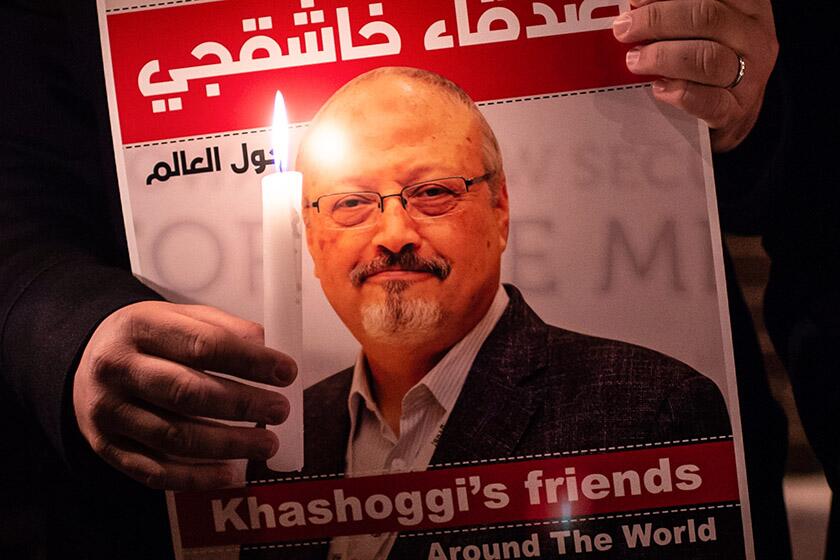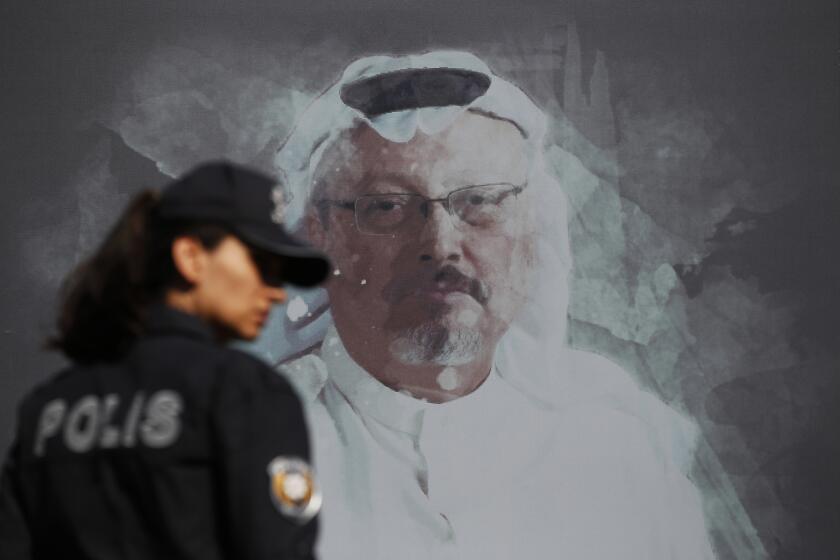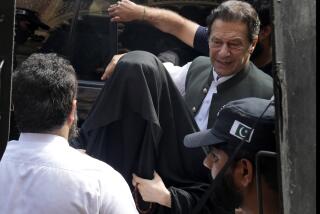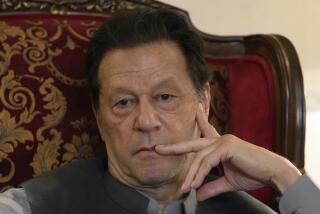Saudi court issues final verdicts in Jamal Khashoggi killing
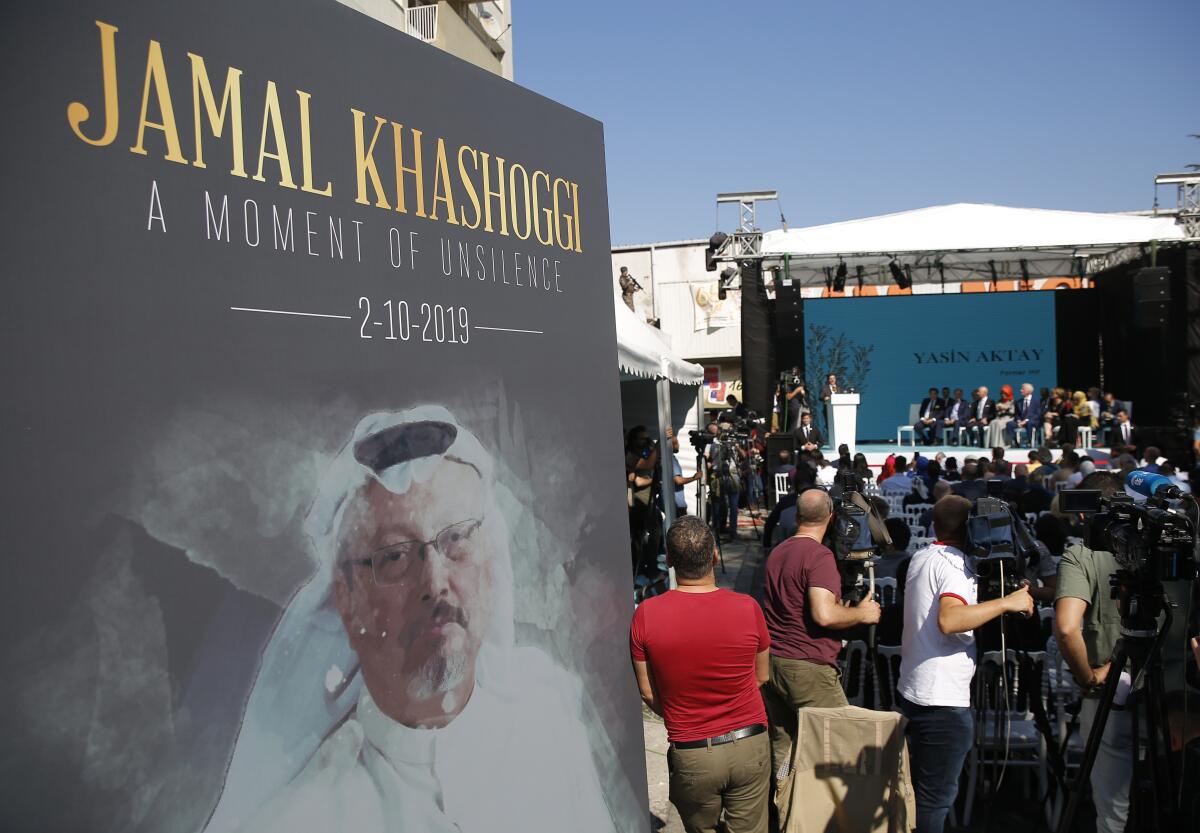
- Share via
DUBAI, United Arab Emirates — A Saudi court issued final verdicts Monday in the case of slain Washington Post columnist and Saudi critic Jamal Khashoggi after his son, who still resides in the kingdom, announced pardons that spared five of the convicted individuals from execution.
While the trial draws to its conclusion in Saudi Arabia, the case continues to cast a shadow over the reputation and international standing of Crown Prince Mohammed bin Salman, whose associates have been sanctioned by the U.S. and Britain for their alleged involvement in the brutal killing, which took place inside the Saudi consulate in Istanbul, Turkey.
Saudi Arabia’s state television aired few details about the final verdicts issued by the Riyadh Criminal Court on eight Saudi nationals. Their names were not made public.
The court ordered a maximum sentence of 20 years in prison for five of them, the Saudi television report said. Another received a 10-year sentence, and two others were each ordered to serve seven years in prison.
A team of 15 Saudi agents had flown to Turkey to meet Khashoggi inside the consulate for his appointment on Oct. 2, 2018, to pick up documents that would allow him to marry his Turkish fiancee, who waited outside. The team included a forensic doctor, intelligence and security officers, and individuals who worked directly for the crown prince’s office, according to Agnes Callamard, who investigated the killing for the United Nations.
Turkish officials allege that Khashoggi was killed and then dismembered with a bone saw inside the consulate. His body has not been found. Turkey apparently had the Saudi Consulate bugged and shared audio of the killing with the CIA, among others.
A court in Saudi Arabia has sentenced five people to death for the killing of Jamal Khashoggi, who was murdered last year by a team of Saudi agents.
Western intelligence agencies, as well as the U.S. Congress, have said that the crown prince bears ultimate responsibility for the killing and that an operation of this magnitude could not have happened without his knowledge. The prince has denied any knowledge of the operation.
The verdicts Monday came after the kingdom tried 11 people in total in December, sentencing five to death and ordering three others to serve lengthy prison terms for covering up the crime.
The trial, however, had concluded that the killing was not premeditated. That paved the way for Salah Khashoggi, one of the slain writer’s sons, to announce months later that the family had forgiven the killers, which essentially allows them to be pardoned from execution in accordance with Islamic law.
Salah Khashoggi lives in Saudi Arabia and has received financial compensation from the royal court for his father’s killing.
Since journalist Jamal Khashoggi’s slaying in Turkey by Saudi Arabian agents, reports of violence against journalists have increased worldwide.
The trial was widely criticized by rights groups and an independent U.N. investigator, who noted that no senior officials nor anyone suspected of ordering the killing was found guilty. The independence of the court was also brought into question.
A small number of diplomats, including from Turkey, as well as members of Khashoggi’s family, were allowed to attend the initial trial’s nine court sessions. Independent media were barred.
Prior to his killing, Khashoggi had written critically of Crown Prince Mohammed in columns for the Washington Post. Khashoggi had been living in exile in the United States for about a year as the crown prince, Saudi Arabia’s de facto ruler, oversaw a crackdown in the oil-rich kingdom on human rights activists, writers and critics of the devastating war in Yemen.
More to Read
Sign up for Essential California
The most important California stories and recommendations in your inbox every morning.
You may occasionally receive promotional content from the Los Angeles Times.
